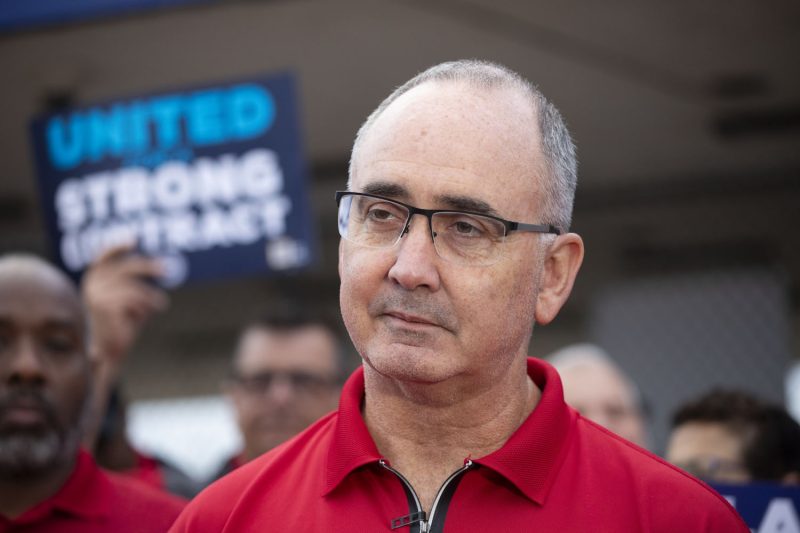The United Auto Workers (UAW), has called on the National Labor Relations Board (NLRB) to conduct a revote for the Mercedes-Benz’s plant in Vance, Alabama, in the face of ostensible interference from anti-union groups. This move represents a significant challenge to Mercedes-Benz, as it embarks on yet another effort to bring collective bargaining rights to workers in their manufacturing plants.
Last month, the German automaker’s workers’ bid for representation by the UAW ended in a narrow defeat. The UAW claimed that this result was influenced by the actions of anti-union groups, which allegedly spread misinformation to scare employees away from supporting the union. Consequentially, the UAW has formally called on the NLRB to look into the conduct of these groups and hold a fresh round of voting.
The UAW’s pushback is indicative of the troubles that foreign automakers face in efforts to unionize their American operations. Many of these corporations, like Mercedes-Benz, have extended histories of comprehensive employee representation in their home countries but find significant resistance to these policies in the United States.
The root of this contention can often be traced back to external anti-union advocacy groups. It’s widely reported that these outfits take myriad actions – from call campaigns to distributing flyers around plants – to prevent workers from voting for representation. The UAW’s complaint to the NLRB revolves around the alleged participation of these groups in the Mercedes-Benz election, which, if proven, would undoubtedly impact the identities of the parties involved in collective bargaining processes.
However, the UAW faces an uphill battle in its pursuit to bring about a new vote. Historically, the NLRB has established a high bar to prove that an election was tainted by unlawfulness. The UAW will need to compellingly demonstrate that employees who voted against the union did so not out of genuine reservations but rather due to manipulative influences.
On the public relations front, the UAW’s challenge to the Mercedes-Benz vote underscores the labor organization’s ongoing commitment to advocating for collective bargaining rights for American employees. By emphasizing the alleged role of supposed scare tactics in swaying the vote against the UAW, the organization emphasizes its commitment to providing employees with accurate information and fair voting circumstances.
Mercedes-Benz’s response to this challenge will be of keen interest to stakeholders both within and outside of the auto industry. Their reaction could potentially set the pace for other companies facing similar challenges in their American plants. It could also influence perceptions of the company’s stance on workers’ rights and serve as an indication of the lengths it is willing to go to maintain control over its operations.
In summary, the UAW’s challenge to the Mercedes-Benz union vote, and its subsequent appeal to the NLRB for a new vote, illuminates the multifaceted struggles of labor representation within the American auto industry. It reveals not just the opposition from anti-union groups but also the immense difficulty of proving their undue influence. Despite these challenges, the UAW’s actions highlight the lengths that labor organizations are prepared to go to advocate for workers’ rights, casting a spotlight on the ongoing dynamics of the contentious relationship between labor and business in America.




